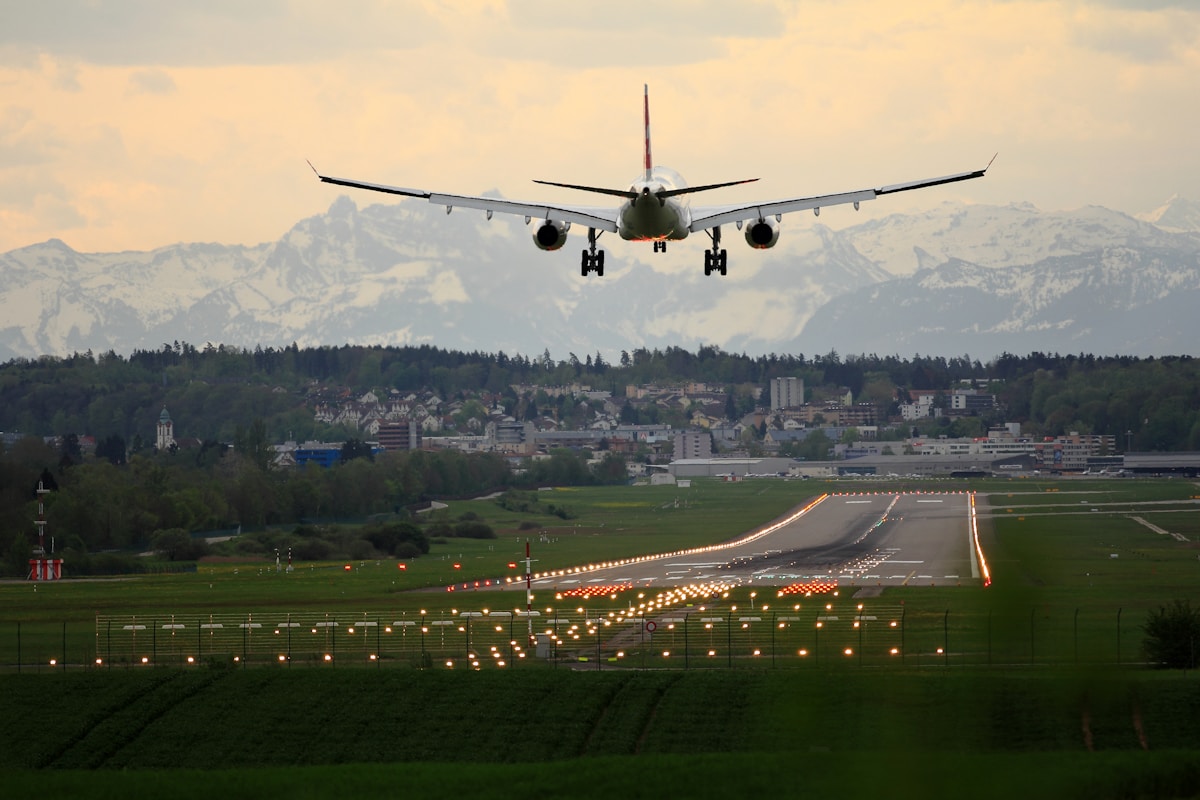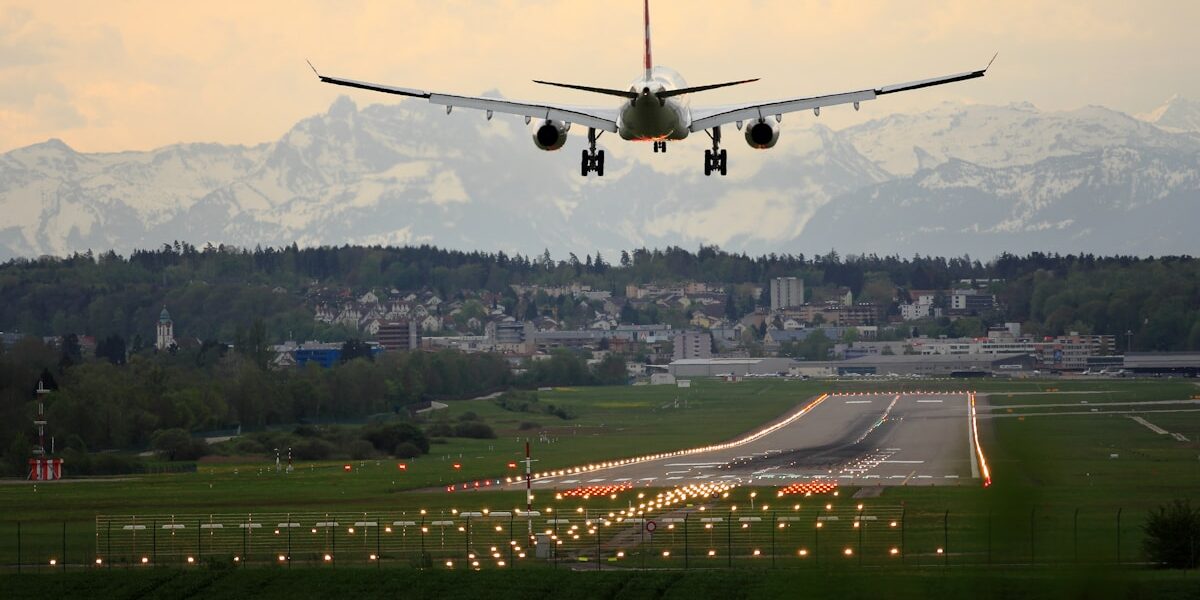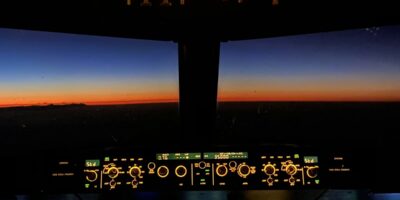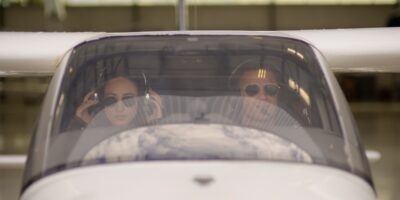Finding a Flying School Near You
Learning to fly is an exciting journey. Whether you’re drawn to the skies for leisure or a career, the first step is finding the right flying school. Here’s what you’ll need to know about finding a school nearby.

Factors to Consider
Location is crucial. A flying school close to home minimizes travel time. It helps make the training process convenient and consistent. Proximity is important, but there are other necessary considerations.
Types of Aircraft
You may have preferences for the type of aircraft you’d like to learn with. Some schools use single-engine planes like Cessnas or Pipers. Others might offer training in more advanced aircraft. Ensure the school has well-maintained aircraft for safe flying.
Instructors and Experience
Research the instructors’ credentials. Experience in aviation translates into better teaching. Look for certified instructors with a clear history in aviation. The rapport between student and instructor is key to successful learning.
Training Programs
Different schools offer various programs. Decide whether you want a private pilot license, commercial license, or other certifications. Check if the school provides the specific programs you need. Tailored programs can fast-track your learning goals.
Cost
Flying lessons aren’t cheap. Compare prices between schools and understand what’s included. Consider additional costs for materials, exam fees, or aircraft rental. Some schools offer financing plans or scholarships.
Flight School Types
Several types of flying schools exist. Each offers different benefits and may suit your needs differently.
Part 61 Schools
These schools offer flexible training programs. They can adjust to your pace and schedule. Part 61 schools focus on practical flying skills. They can be ideal for hobbyists or those with unique schedules.
Part 141 Schools
Part 141 schools are more structured. They follow strict FAA-approved syllabi. Ideal for those pursuing a professional career in aviation. Military veterans often attend these schools under the GI Bill.
University-Affiliated Programs
Some universities offer degree programs in aviation. They can incorporate flying training. Students get both an academic degree and piloting skills. This path can be longer but offers comprehensive education.
Researching Options
Online research can reveal a variety of nearby options. Use search engines to find local flight schools. Reading online reviews can help gauge the experiences of past students. School websites offer insight into their ethos and offerings.
Visiting Schools
Before committing, visit potential schools. Seeing the facilities firsthand is beneficial. Assess the quality of the aircraft and meet the staff. A visit can confirm or dispel your initial impressions.
Trial Flights
Many schools offer introductory lessons or trial flights. It’s an opportunity to experience flying and the school’s environment. You’ll get a feel for the aircraft and instructor style. Trial flights can be decisive in selecting a school.
Certifications and Progression
Understand the certification process. The most common starting point is the Private Pilot License (PPL). It allows you to fly for personal or leisure purposes. From there, additional certifications can be pursued based on individual goals.
- Private Pilot License (PPL): Basic pilot certification. Requires a minimum number of flying hours and passing a written and practical exam.
- Instrument Rating (IR): Allows flying in more varied weather conditions. Adds complexity and safety to flying capabilities.
- Commercial Pilot License (CPL): Needed to fly commercially. Requires higher hours and more advanced training.
- Certified Flight Instructor (CFI): Qualification to teach others to fly. Allows you to build flying hours and experience.
Preparing for Flight School
Before beginning lessons, there are preparatory steps. Obtain a medical certificate from an FAA-approved doctor. It’s a requirement for most pilot’s licenses. Brush up on basic knowledge of aviation rules and airspace.
Theoretical Knowledge
Pilot training involves significant theoretical learning. Subjects like air navigation, meteorology, and aviation regulations are standard. Many schools provide ground school classes to cover these areas.
Mental and Physical Fitness
Aviation requires mental alertness and physical health. Being well-prepared mentally and physically enhances learning. Staying fit helps handle the physical demands of flying.
Making the Most of Training
Engage actively in your lessons. Consistent practice improves skills. Reviewing lessons and practice flights help consolidate learning. Joining community groups or forums can provide additional support.
Networking
Networking is significant in aviation. Connecting with peers and mentors can offer guidance. Building a network can also help in advancing your aviation career.
Progress Tracking
Track your progress diligently. Maintain a record of flying hours and milestones reached. Reflect on areas of improvement and set goals. Instructors can provide insights based on your progress.
Video Resources and Books
Augment your education with supplementary resources. There are numerous video tutorials and lectures online. Books by experienced aviators offer unique perspectives and advice. These resources can enhance understanding and skill development.
Online Communities
Joining online communities can be beneficial. Engage with forums and social media groups dedicated to pilots and students. You’ll find tips, shared experiences, and possibly mentors.
Finding the right flying school near you is the first step to achieving your aviation dreams. Consider your goals and options responsibly to ensure a fulfilling flying journey.


